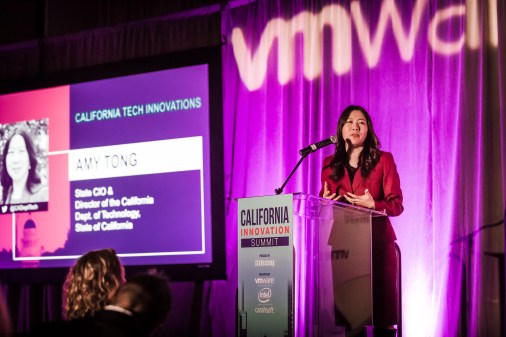California Gov. Gavin Newsom signs landmark AI bill

California Gov. Gavin Newsom on Monday signed SB 53 into law, introducing new transparency requirements and safeguards for leading artificial intelligence developers.
Authored by state Sen. Scott Wiener, the Transparency in Frontier Artificial Intelligence Act mandates that developers of high-powered “frontier” AI models publicly disclose safety frameworks, report major incidents to state authorities and protect whistleblowers who raise concerns. The bill also requires AI firms to report to California’s Office of Emergency Services how they test models for risks, especially those that could lead to potentially critical public safety issues.
The new law, which takes effect in January, positions California as a leader in AI oversight as federal regulation remains in flux.
“California has proven that we can establish regulations to protect our communities while also ensuring that the growing AI industry continues to thrive. This legislation strikes that balance,” Newsom said in a press release.
Supporters of SB 53, advocacy groups such as Center for Digital Democracy, the Center for AI and Digital Policy and Tech Oversight California, argue the legislation strikes a “trust but verify” balance by promoting accountability without inhibiting innovation. Critics cautioned that a mandated compliance could push AI development out of the state. California is home to 32 of the top 50 AI companies in the world.
Newsom’s signature comes nearly a year after he vetoed a more aggressive AI safety bill, SB 1047, over fears it would drive talent and investment elsewhere.
“With a technology as transformative as AI, we have a responsibility to support that innovation while putting in place commonsense guardrails to understand and reduce risk. With this law, California is stepping up, once again, as a global leader on both technology innovation and safety,” Wiener said in the release.
California’s new law also includes a computing infrastructure initiative, called CalCompute, designed to give startups, academic researchers and smaller players access to state-backed cloud computing services.






